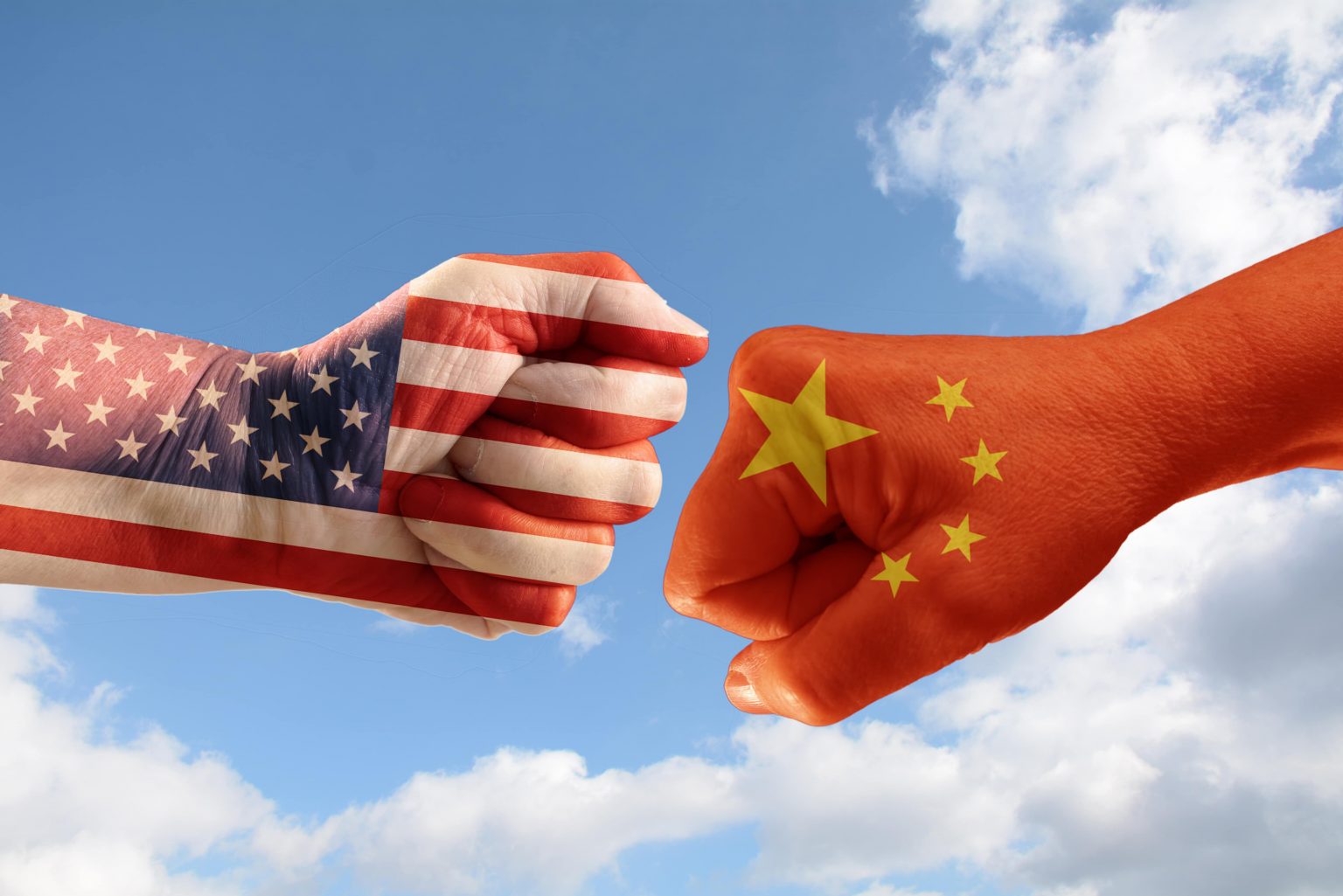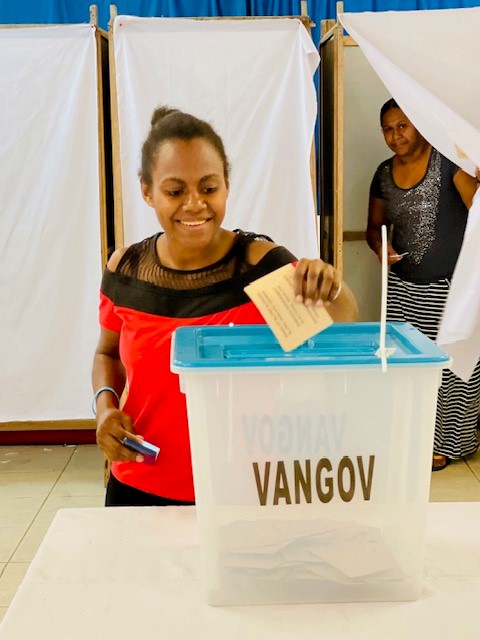by Martin Haffner Associate Editor
The A$140 million aid agreement between Australia and Nauru signed last week is a prime example of the geopolitical tightrope vulnerable Pacific nations are walking in the 21st century.
The deal provides Nauru with direct budgetary support, stable banking services, and policing and security resources. In return, Australia will have the right to veto any pact Nauru might make with other countries – namely China.
The veto terms are similar to the “Falepili Union” between Australia and Tuvalu signed late last year, which granted Tuvaluans access to Australian residency and climate mitigation support, in exchange for security guarantees.
And just last week, more details emerged about a defence deal between the United States and Papua New Guinea, now revealed to be worth US$864 million. In exchange for investment in military infrastructure development, training and equipment, the US gains unrestricted access to six ports and airports.
Also last week, PNG signed a 10-year, A$600 million deal to fund its own team in Australia’s NRL competition. In return, “PNG will not sign a security deal that could allow Chinese police or military forces to be based in the pacific nation”.
These arrangements are all emblematic of the geopolitical tussle playing out in the Pacific between China and the US and its allies.
This strategic competition is often framed in mainstream media and political commentary as an extension of “the great game” played by rival powers. From a traditional security perspective, Pacific nations can be depicted as seeking advantage to leverage their own development priorities.
The Nauru-Australia Treaty signed by Nauru’s President David Adeang, left, and Australian Prime Minister Anthony Albanese in Canberra. 9 December 2024. Photo: Facebook / Anthony Albanese
But this assumption that Pacific governments are “diplomatic price setters”, able to play China and the US off against each other, overlooks the very real power imbalances involved.
The risk, as the authors of one recent study argued, is that the “China threat” narrative becomes the justification for “greater Western militarisation and economic dominance”. In other words, Pacific nations become diplomatic price takers.
Defence diplomacy
Pacific nations are vulnerable on several fronts: most have a low economic base and many are facing a debt crisis. At the same time, they are on the front line of climate change and rising sea levels.
The costs of recovering from more frequent extreme weather events create a vicious cycle of more debt and greater vulnerability. As was reported at this year’s United Nations COP29 summit, climate financing in the Pacific is mostly in the form of concessional loans.
The Pacific is already one of the world’s most aid-reliant regions. But considerable doubt has been expressed about the effectiveness of that aid when recipient countries still struggle to meet development goals.
At the country level, government systems often lack the capacity to manage increasing aid packages, and struggle with the diplomatic engagement and other obligations demanded by the new geopolitical conditions.
In August, Kiribati even closed its borders to diplomats until 2025 to allow the new government “breathing space” to attend to domestic affairs.
In the past, Australia championed governance and institutional support as part of its financial aid. But a lot of development assistance is now skewed towards policing and defence.
Australia recently committed A$400 million to the Pacific Policing Initiative, on top of a host of other security-related initiatives. This is all part of an overall rise in so-called “defence diplomacy”, leading some observers to criticise the politicisation of aid at the expense of the Pacific’s most vulnerable people.
Lack of good faith
At the same time, many political parties in Pacific nations operate quite informally and lack comprehensive policy manifestos. Most governments lack a parliamentary subcommittee that scrutinises foreign policy.
The upshot is that foreign policy and security arrangements can be driven by personalities rather than policy priorities, with little scrutiny. Pacific nations are also susceptible to corruption, as highlighted in Transparency International’s 2024 Annual Corruption Report.



